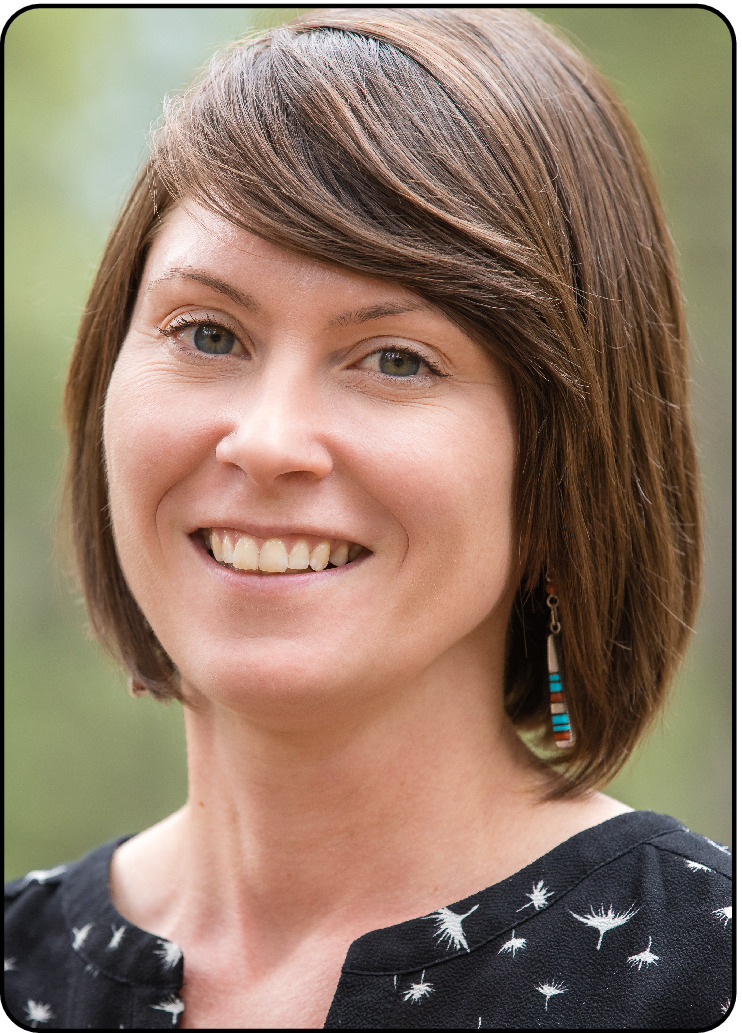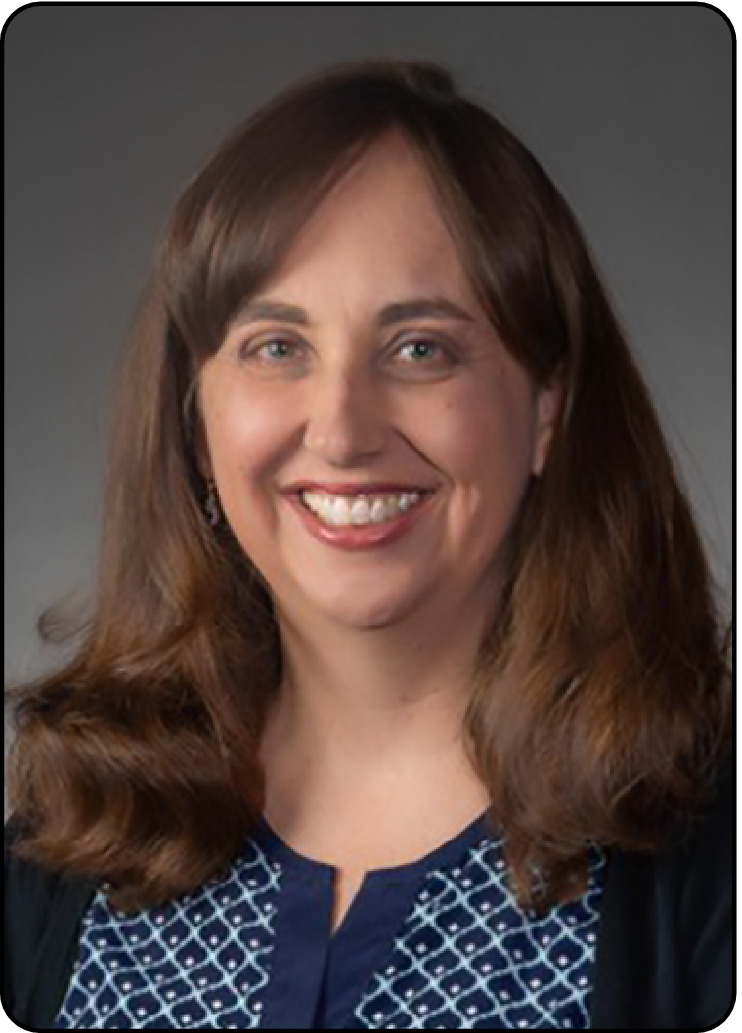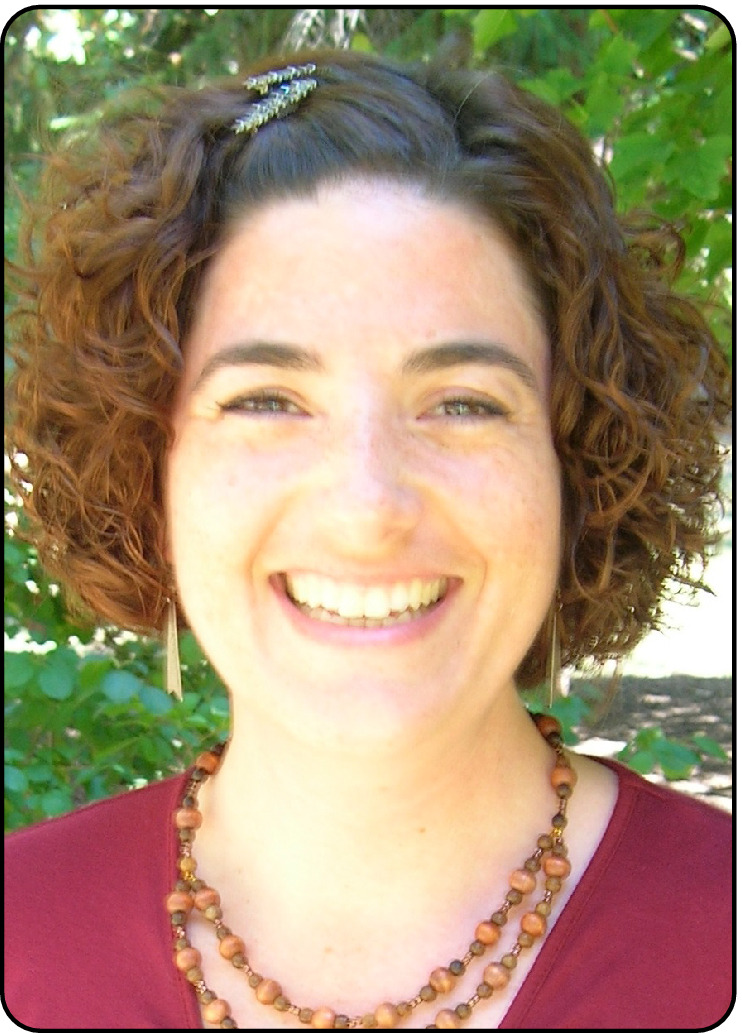Four parents – spanning stages of academia from assistant professor to full professor, with children ranging from infants to tweens – stare knowingly at one another in the Zoom room. Arranging this remote meeting required multiple emails and various types of polling software, and after identifying a two‐hour open window one month ago, everyone has since held their collective breath hoping – at this chosen moment – that daycare or schools would not be closed, that members of their respective families would not test positive for COVID, and that once the meeting got rolling no child would suddenly burst in screaming. Such were the prerequisites to generate this ~750‐word editorial highlighting the challenges faced by parents during the ongoing COVID‐19 pandemic. (Authors’ note: within one week of writing this editorial, one author’s family contracted COVID and their dog needed emergency surgery. The affected author stalwartly referred to this situation as “almost comical”.)
The COVID‐19 pandemic has introduced unprecedented hardships for scientists globally, but emerging research suggests that mothers, particularly of young children, and more generally caregivers (for example, those caring for spouses, extended family, or elderly parents) in academia have been disproportionately impacted. Academic parents in STEM disciplines already experienced high attrition rates prior to the pandemic, with nearly 40% of parents leaving academic jobs after the birth of a child. Juggling caregiving duties, housework, and homeschooling of younger children during the continuing pandemic will drive parents and caregivers, especially women and people of color, out of the academic pipeline and seriously hobble the career trajectories of those who remain (ACS Nano 2021; doi.org/10.1021/acsnano.1c09686). Recent survey‐based research indicates that, during the COVID pandemic, 75% of women reported issues balancing caregiving with work, whereas 61% of men reported the same problem (Ithaka S + R 2021; doi.org/10.18665/sr.315147). Such imbalances between those with caregiving duties and those without will continue to affect research productivity, tenure attainment, and career advancement opportunities as the world attempts to return to a new normal, leaving parents of young, medically vulnerable, and/or vaccine‐ineligible children further and further behind.
Many remedies have been suggested to help alleviate the multiple stresses that caregivers – particularly early career caregivers – have experienced in the past two years. Tenure clock extensions (delays of the so‐called probationary period for academics, between beginning one’s faculty position and being considered for tenure) have been widely granted in an effort to ease impacts of the pandemic on pre‐tenure individuals and primary caregivers (including to the lead author of this editorial). Although these efforts may provide some relief, there are documented negative impacts of tenure clock extensions and there is no evidence that these efforts meaningfully increase rates of female tenure attainment. Ultimately, early career primary caregivers need targeted opportunities to succeed as academics and scientists while dealing with the consequences of a pandemic that never seems to end.
Providing opportunities for caregivers to publish while highlighting the work of early‐ and mid‐career researchers balancing caregiving duties and research has been identified as a key way to support the careers of impacted scientists globally. Authoring research publications is especially important for early‐ and mid‐career scientists as these publications contribute to a successful career trajectory. However, caregivers, and specifically women caregivers, have reported a decrease in time spent on composing scholarly publications during the pandemic. We suggest that one helpful avenue would be for scientific societies and publishers to adopt initiatives to increase representation of women, and in particular academic mothers, in the published literature. Such inclusion will benefit not only individual researchers but also science as a whole, because diverse and inclusive environments lead to improved problem solving.
In order to address emerging inequities and act on proposed solutions, we present a cross‐journal call for papers that will highlight the research of early‐and mid‐career caregivers performed during the ongoing pandemic. This call will span all areas of ecology and is unified by authors’ career stages and caregiving duties. Prospective papers led by early‐ and mid‐career ecologists (that is, by those serving as first author, including graduate students, postdocs, pre‐tenure faculty, and recently tenured faculty) with parenting and caregiving duties are welcomed on any topic typically published in one of the Ecological Society of America’s journals (Ecology, Ecological Applications, Ecological Monographs, Ecosphere, and Frontiers in Ecology and the Environment). The call will focus on high‐quality research across fields of ecology and will allow early career researchers to highlight the ways in which research has adapted to limitations and disruptions caused by the COVID‐19 pandemic. Interested researchers may contact ecology.caregiving2022@gmail.com for guidance and further information.

Rachel M Mitchell

Lars A Brudvig

Shannon M Murphy

Gina M Wimp
Front Ecol Environ 2022; 20(4):203–203, doi: 10.1002/fee.2501


